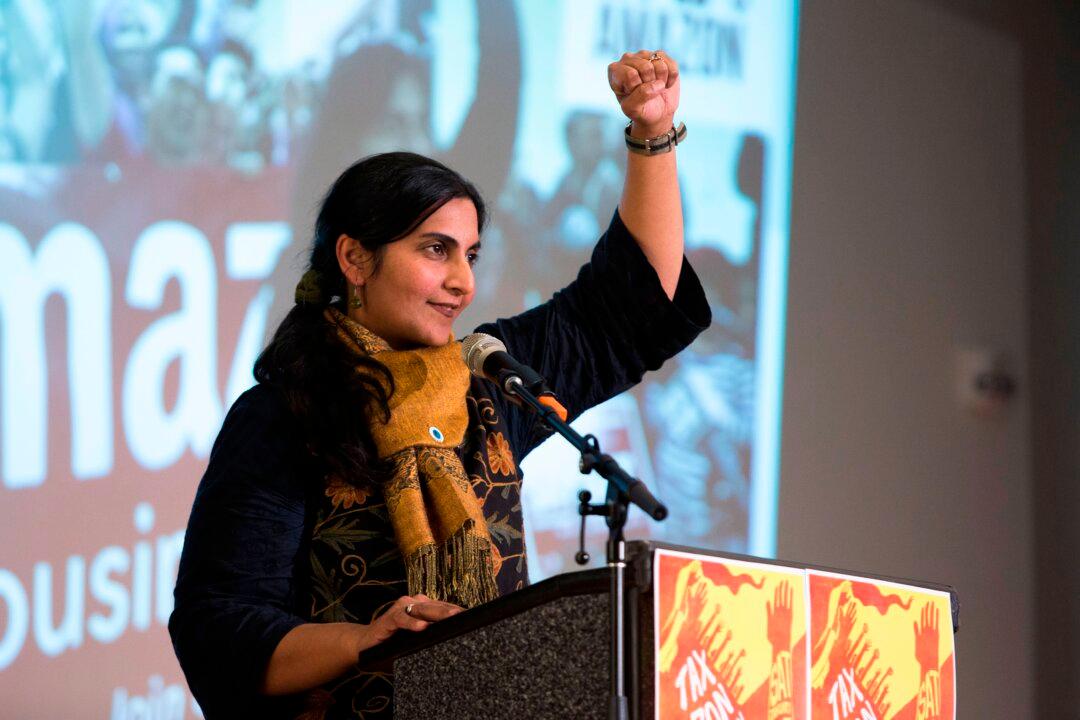The Seattle City Council passed an ordinance on Feb. 21 to apply anti-discrimination laws to castes.
The ordinance passed 6-to-1 and, following the signature of Seattle City Council President Debora Juarez, goes to Seattle Mayor Bruce Harrell for his sign-off. Were it to get Harrell’s signature, Seattle would become the first city in the United States to ban discrimination against castes.





